Books I Read in August, September, and November 2021
Capitalism, mothers, death, and robots. But I didn’t finish a single book in October.
These reviews were originally posted on StoryGraph.
Crying in H-Mart by Michelle Zauner
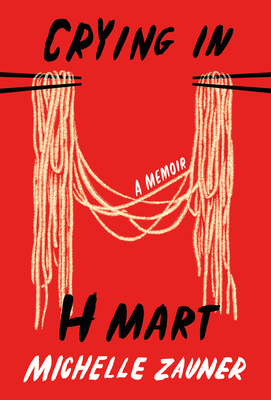
I read Crying in H Mart because it was popular in my corner of book Instagram, which is maybe the intersection of book Instagram and Korean-American Instagram. At the same time, my eldest daughter was reading it in her online book club because apparently the author is an indie musician popular in her circles. My daughter read the book first, and she warned me that I would cry and cry. She was right.
This is a story about the mother-daughter relationship, about death, and about food. It’s about how we can connect over food when sometimes we can’t connect over anything else, and how we can keep connecting with people we love even after they’re gone. It’s about losing a parent too young, and about the sacred experience of being with someone while they are dying.
It’s a wonderful book, and I’d recommend it to anyone who doesn’t mind crying. A good companion to this book is Dead Mom Walking by Rachel Matlow, which is also a memoir about navigating a mother’s death, and Being Mortal by Atul Gawande offers an exploration of how we manage death these days (and I wrote a really good review of it — where is that brain now?)
The Seven Husbands of Evelyn Hugo by Taylor Jenkins Reid
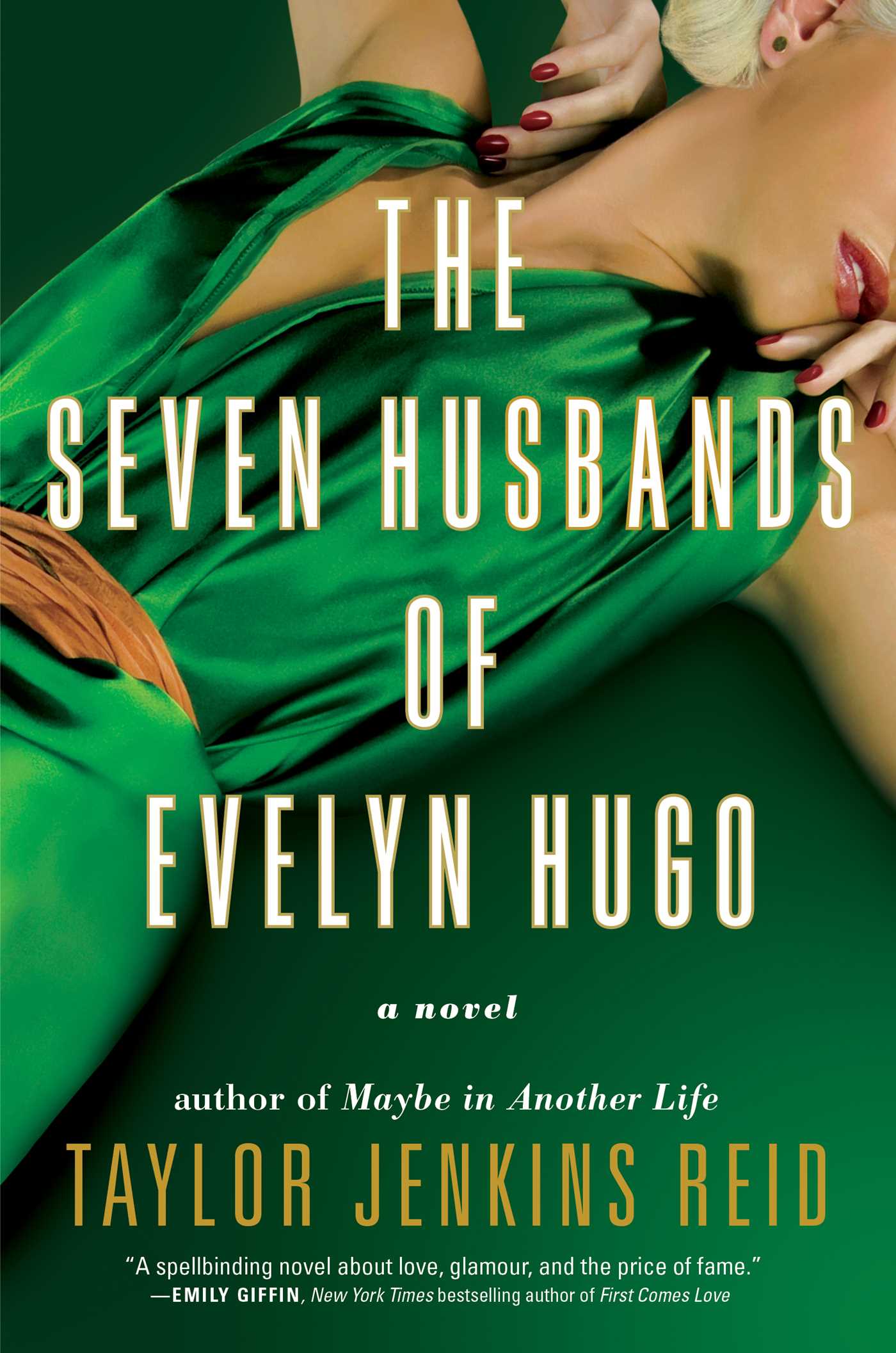
I read this one for book club, and it was fine. I ended up missing the book club meeting, actually, which is too bad because I think the discussion would have been more interesting than the book. Not that the book was bad, but it wasn’t very deep. Good story and an interesting exploration of the lies and machinations that the world requires of us (especially people in the public eye) when we don’t meet conventional ideas of respectability.
The Body is Not an Apology by Sonya Renee Taylor
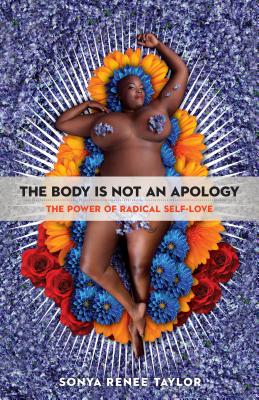
This is a book about how intersecting systems of oppression against the bodies that are considered not-good-enough keep us quiet, struggling, and fighting against each other instead of the oppression. And it’s a book about how radical self-love can change how we navigate those systems, and so can change the world.
I love the framing of the title: The body is not an apology. Apologizing for my body is something I used to do thoughtlessly. Sorry I’m fat. Sorry I have stretch marks. Sorry I’m out of breath walking up these stairs. Sorry my back hurts today and I can’t pick up the groceries. Sorry I’m taking up space. It seemed like a natural thing to do, to apologize for my very being. I try not to do that any more, not out loud and not inside my own head.
Taylor takes it further than just self-acceptance, and asks us to “look at how we have perpetuated shame in others”. She invites us — pushes us, even — to expand self-love to all bodies, regardless of whether we understand them or relate to them. All bodies, including disabled bodies, bodies of different genders, bodies we find unsightly or upsetting because they remind us of our own limitations or mortality.
I appreciate this book because the writing is clear and profoundly logical, and despite the weight of the topic at hand it’s leavened with humour. I hate saying that, as a white person reviewing a book by a Black person, because it smacks of tone policing. I do read angry books (and articles and social media posts), and I take responsibility for managing the feelings of shame and defensiveness that arise in me, and I would never anti-recommend something based on angryness or tone. But I connect with humour — the harshest truth is easier for me to hear when there is humour, even when it’s at my expense.
How to Be an Antiracist by Ibram X Kendi is a good companion to this book, because it covers some of the same ideas of oppression of the body. I was also reminded of the movie 37 Seconds, which is about finding self-actualization and love within a body that’s overlooked or boxed in by others.
Midlife ed. by Jhenifer Pabillano and Sarah Chan
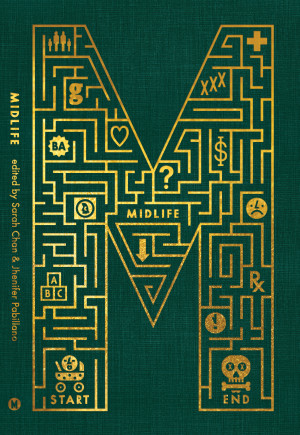
Midlife is a collection of essays (and photographs) by a group of 27 friends who met at a Canadian university newspaper in the late 90’s and early 00’s. The book was conceived as a pandemic project around the theme of midlife, and was brought together and self-published in 2020 and 2021.
Midlife is a beautiful book, an exemplar of how good self-published books can be. (It helps that the team includes one of the best copyeditors in Canada, Iva Cheung, and many of the team went on to careers in publishing.)
The essays are moving and thought-provoking, on topics including ambition, cars, children (or the refusal thereof), the pandemic, romantic relationships, family relationships, and pets. My favourite might be Iva Cheung’s essay, “Cocoa and Coconut”, about what she learned from her guinea pigs, but it’s hard to choose. There are a lot of really good essays in this book.
The Myth of Capitalism by Jonathan Tepper
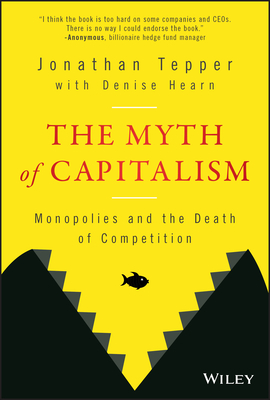
One of my goals for 2021 was to understand capitalism better, and I was going to read a great stack of books about it. I did not, for various reasons mostly to do with the pandemic making it hard to get my hands on books, but I did get to this one.
The prevailing wisdom among the people I follow, and one with which I tend to agree, is that everything is awful because capitalism is awful. This book takes a different tack, and posits that everything is awful, at least in America, because they’re not doing capitalism — or not doing it properly. The myth is that America is capitalist, but it’s not. And the reason it’s not (not a spoiler) is all the monopolies. One of the requirements for proper capitalism, apparently, is a free, competitive market.
One thing I learned from this book is that there’s no one agreed-upon definition of capitalism. It’s a bit like grammar: everyone thinks they know what it is and how it should be, but the actual experts agree that it’s slippery and made-up.
Another thing that I learned from this book is that even capitalists love a well-regulated marketplace. Or at least, the capitalists who wrote this book do. (I also love a well-regulated marketplace.)
Not being an economist, I can’t really comment on the substance of this book other than, “huh, interesting” and “sounds legit”. It was a good read, clearly written and logical. And there’s an excellent “what you can do” chapter, which is very democratic.
I think an interesting companion to this book would be Power, For All by Julie Battilana and Tiziana Casciaro, which is about (of course) power and how to wield it.
The Good Stripper by Marci Warhaft
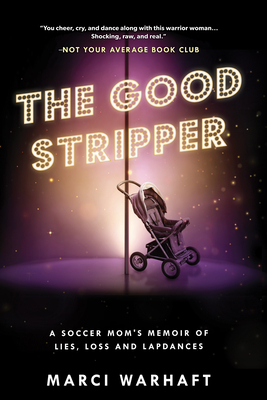
The Good Stripper is an inspiring and occasionally thrilling memoir by a Toronto woman who very well could have been one of the school moms from my kids’ school. (I doubt she was, but we’re about the same demographic.) Her life (so far) has been tragic, wild, sad, raunchy, heart-breaking, and exhilarating. The book is the story of how she gradually pulled herself away from the consequences of bad luck and bad choices, and showed her true self first to herself, and then to the world.
Unsurprisingly (as it’s a first book and the author isn’t a writer by trade) the book is not beautifully written, but it’s competent and the writing doesn’t get in the way of the story. I’d recommend this, especially to other women who are figuring out how to be true to themselves.
Rogue Protocol and Artificial Condition by Martha Wells
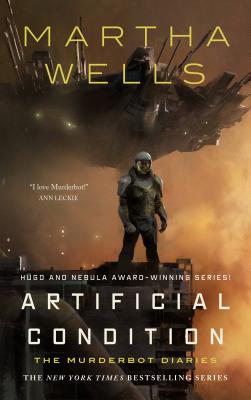
These are the next two books in the Murderbot series which I started earlier this year. I didn’t really have anything new to say about them, but here’s what I said about the first one:
I loved this book. The protagonist is charming and relatable, and the mystery is well-crafted. I particularly enjoyed the protagonist’s reflections as she (it?) gains a better understanding of humans, through bingeing soap operas and direct observation.
Nightbitch by Rachel Yoder
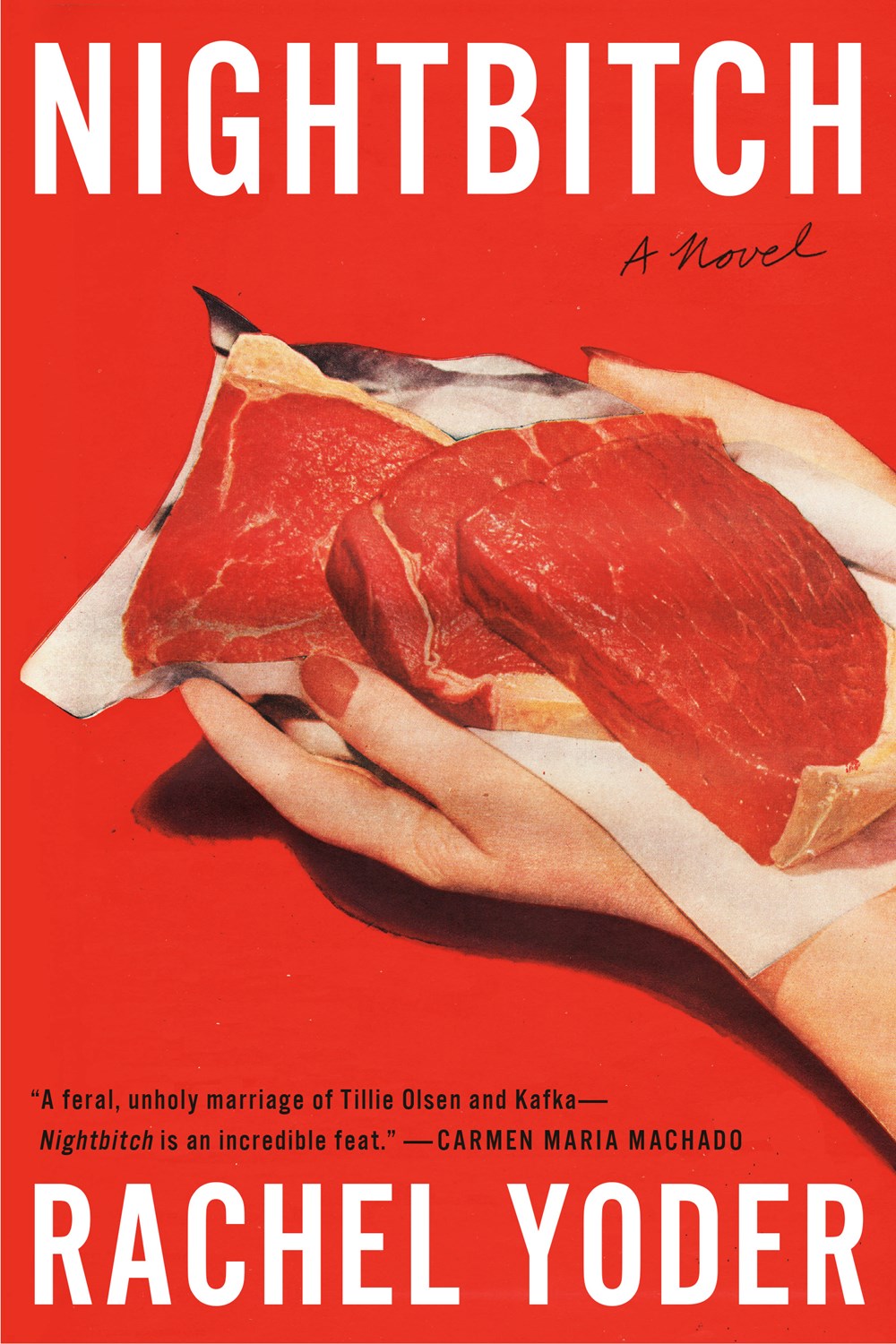
I love this book. It made me furious.
Nightbitch is about motherhood, and how the way women are told to do motherhood in mainstream North American culture is both draining and self-abnegating. It’s about how motherhood interrupts the lives of women, and then we’re told that it’s not an interruption at all, but an honour and a privilege.
Nightbitch is also about art, and the purpose of art. It’s also about a woman who turns into a dog, and how she takes the situation of turning into a dog and uses it in her life and in her work.
Some of the household dynamics the author describes are so entirely familiar that I cried — there’s a sting of being seen, like lemon juice in a cut you had forgotten about, and there’s also anger to learn that my experience is common enough that I might encounter it in a book. But beyond the specific situations and conversations, I recognized and appreciated the themes of looking for purpose, of losing and then finding yourself, of making friends as a mother.
I think this would be a really interesting book club book.